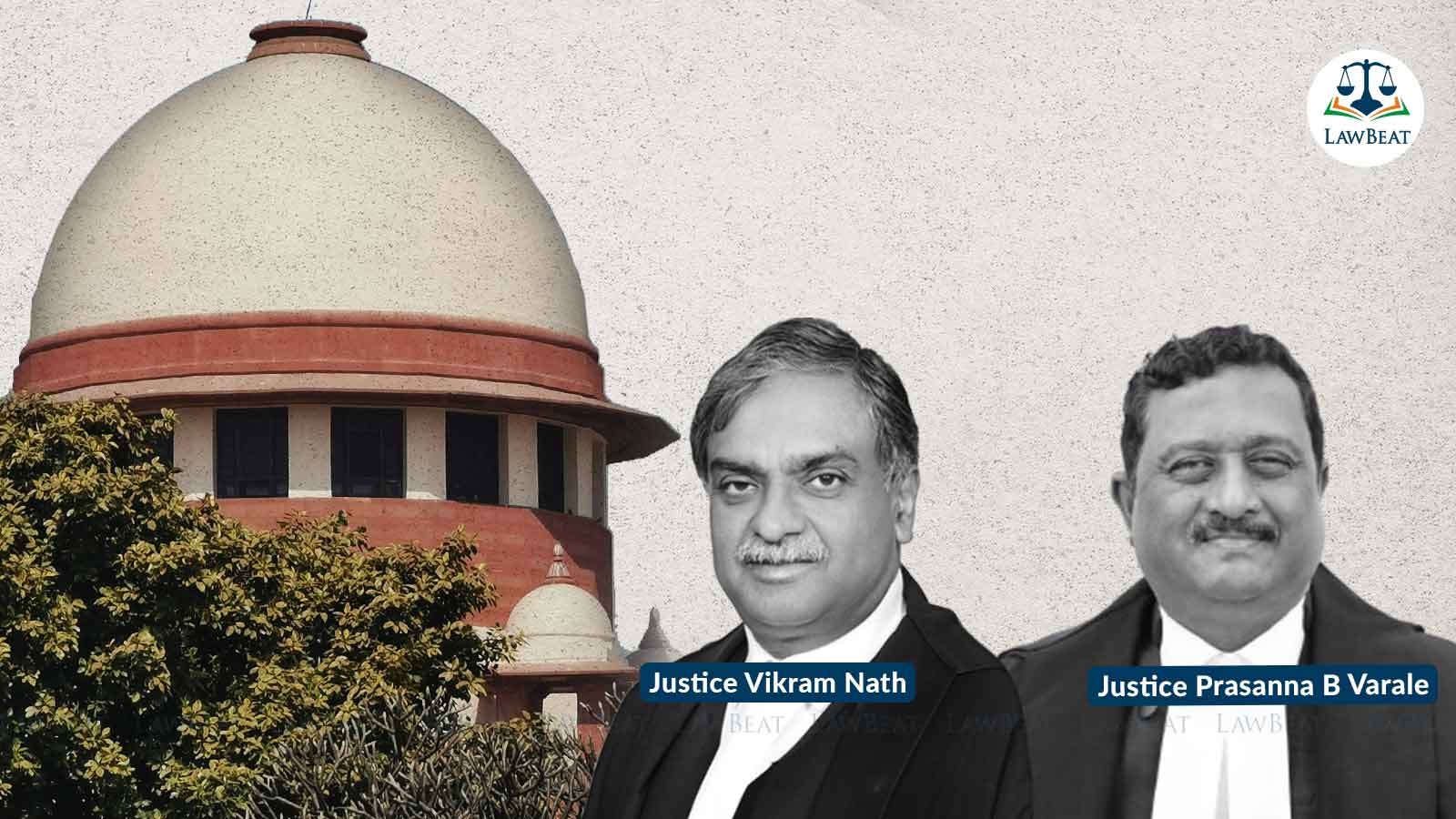Separate suits for possession, recovery of damages not barred under Order II and Rule 2 CPC: SC

Court said that there was neither any relinquishment at any stage, nor omission to claim relief
The Supreme Court has emphasized that a suit for possession and permanent injunction and another one for recovery of damages for illegal occupation are two different causes of action and are not barred under Order II Rule 2 of the Civil Procedure Code.
A bench of Justices Vikram Nath and Prasanna Bhalachandra Varale dismissed an appeal filed by Uniworld Logistics Pvt Ltd against the Madras High Court's 2016 order, whereby civil revision and application under Order VII Rule 11 CPC in commercial suits were rejected.
A Leave and License agreement was originally entered into between the appellant and the respondent, Indev Logistics Pvt Ltd, on November 25, 2008. This agreement was superseded by another agreement on December 01, 2010, whereby the appellant became a licensee in respect of a warehouse on a monthly license fee of Rs 30 lakhs with an escalation clause.
As there was a default in payment of storage charges, the respondent gave a legal notice in 2014 terminating the license, claiming dues towards storage charges, and damages, and directing the appellant to vacate the warehouse premises within two months. The appellant replied to the said notice denying the dues.
The respondent instituted a suit for permanent injunction and also to hand over vacant possession, claiming outstanding dues and arrears of storage charges of Rs 2,04,68,464. It was further specifically mentioned that the respondent-plaintiff reserves its rights to claim against the defendant-appellant for recovery of arrears and also damages due to the illegal use and occupation.
The appellant filed a commercial suit before the High Court for a declaration that the respondent had given only 1,03,522 sq ft area of the factory shed and not 1,50,000 sq ft under the 2008 agreement.
The trial court allowed the respondent to file a separate suit against the appellant for arrears of storage charges, warehouse charges, and damages for illegal use and occupation beyond the period allowed in the notice.
The respondent filed a Commercial Suit before the Madras High Court against the appellant for recovery of arrears of storage charges, warehouse charges, and damages for an amount of Rs 8,42,88,761.
After handing over the possession, the appellant filed another commercial suit claiming a refund of security deposit, additional deposit, penalty paid to the University Board, cost of improvements, and damages amounting to Rs 5,77,03,621 against the respondent.
The court noted that both sides preferred two suits each; however, one of the suits has already been withdrawn by the respondent, and as such, three suits remain pending, which are all commercial suits pending before the Madras High Court inter se parties.
It also recorded that the Trial Court, as well as the High Court, had found that both the suits were filed based on different causes of action. The High Court had further found that the respondent had taken leave for instituting the second suit against the appellant under Order II Rule 2(3) CPC.
The High Court held that neither there was any infirmity in the order of the Trial Court granting leave to file the second suit for recovery of arrears nor was there any merit in the application under Order VII Rule 11 CPC filed by the appellant.
Before this court, the appellant contended that the courts below failed to distinguish between relinquishment of claims and omissions of relief.
The respondent claimed the judgment and order of the High Court do not suffer from any infirmity warranting any interference by this court.
Relying upon 'Bharat Petroleum Corporation Ltd And another Vs ATM Constructions Pvt Ltd' (2023), the bench pointed out that this court held that a second suit for arrears of rent and damages would not be barred under Order II Rule 2 CPC.
The apex court noted the case in hand stands on a better footing, inasmuch as the plaintiff-respondent had specifically reserved its rights in the first suit regarding claim against warehousing charges, damages for illegal use and occupation, etc., and further had applied for leave before the Trial Court for filing a separate suit, which leave had been granted.
"There was neither any relinquishment at any stage, nor omission to claim relief. Both the causes of action being separate, the second suit was clearly maintainable. The appellant, who is facing recovery of more than Rs 8 crores, is unnecessarily trying to delay the progress in the suit, which is pending since 2016," the bench said.
The court accordingly dismissed the appeal as it lacked merit and held the High Court's judgment does not suffer from any infirmity.
